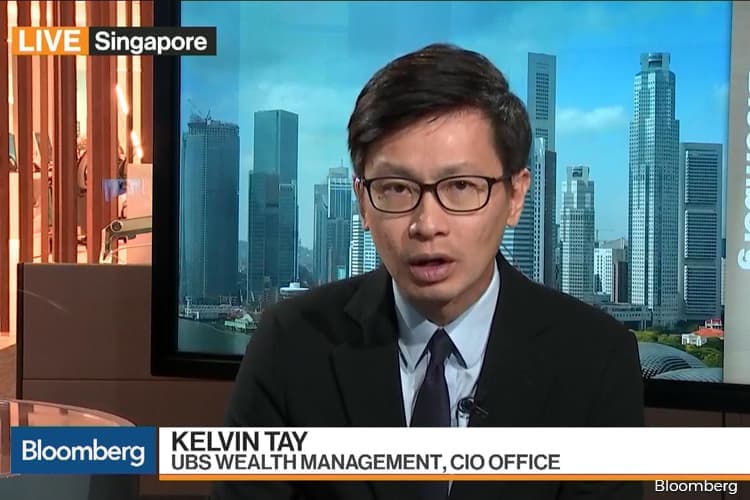
KUALA LUMPUR (April 24): Swiss banking group UBS remains positive over Malaysia's long-term economic prospects, and has forecast economic growth of between 4.6% and 5% in 2020.
In a statement today, the Singapore branch of UBS said the Malaysian economy should start to see improvement in its exports alongside a stronger currency, since the Chinese economy is turning around.
“We have also recently upgraded our 3, 6 and 12-month forecast on the MYR (versus the USD) to 4.05, from 4.15 previously,” UBS said.
In its statement, UBS also sought to clarify certain misunderstandings arising from a recent video interview featuring its regional chief investment officer Kelvin Tay, aired on Bloomberg TV on April 12.
“In the context of the interview question on the equity outlook for the region, Kelvin had inadvertently used some wrong terms given the short duration of the “live” interview and would like to clarify the following: He was referring to the Malaysian government’s projected “fiscal deficit” of 3.4%, and not “current account deficit”.
He was also referring to the government’s revenue and not GDP, when he mentioned that cancelling GST would result in a higher dependence on oil prices. He used the term “oil” to loosely refer to sectors that are closely correlated to oil price movements. In context of that discussion, he was referring to the fiscal deficit,” a UBS spokesperson said.
UBS went on to say that its rating on Malaysia is relative to the rest of MSCI Asia ex-Japan.
“Malaysia is a highly defensive market and with global equity markets in the midst of the longest bull market in history, our preference is to be overweight the more cyclical markets in Asia, such as China. Should the global equity markets turn the corner as a result of the economic cycle coming to an end, a defensive market like Malaysia would be a more attractive investment proposition,” the spokesperson said.
Tay’s remarks were subsequently used by critics to illustrate their claims that the government was ineffective in handling the economy. However, several government officials including Deputy Minister of International Trade and Industry Dr. Ong Kian Ming, were quick to point out the inaccuracies in Tay’s economic assessment.